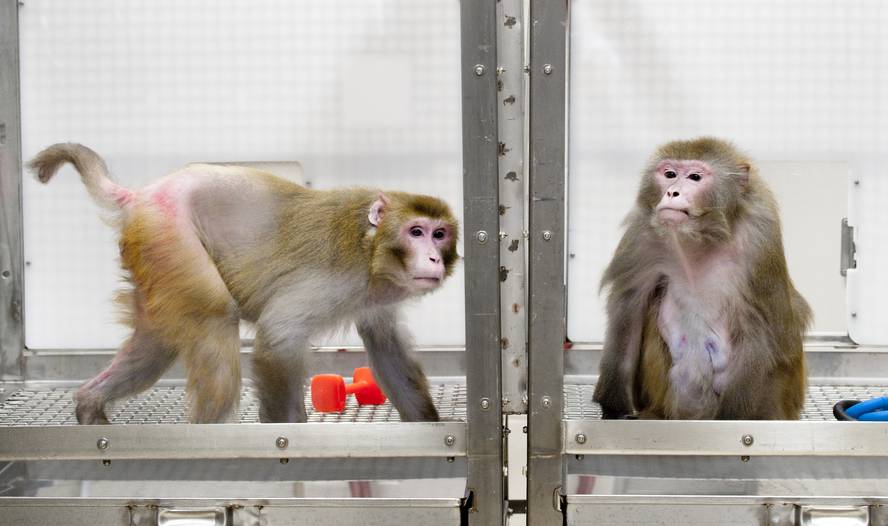The low-calorie diet reduces the mortality of primates
The low-calorie diet not only reduces the risk of age-related illnesses, but also reduces mortality, as evidenced by a study conducted by the University of Wisconsin in 25 years.
The research that has just released the journal Nature Communications began in 1989 and since then, in 25 years, has followed the diet of 76 Rhesus macaques. During this period, some of them have had the opportunity to eat what they have desired, while the rest have done so by 30% less.
The research has been conducted at the National Primates Research Center of Wisconsin. When he left, the monkeys were between 7 and 14 years old. The risk of developing age-related diseases has been 2.9 times lower compared to people who have eaten enough and the risk of dying three times lower.
The positive effect of the low-calorie diet on survival has been shown in trials with worms and mice. A low-calorie diet with essential nutrients has been found to increase the life of flies, mice and yeasts by 40%.
However, the conclusions of another study that was released in 2012 questioned the possible benefits on primates. According to Wisconsin researchers, recently published research is important because it shows that “the interpretation of the biological characteristics of lower organisms is also suitable for primates,” explains Professor Richard Weindruch.







